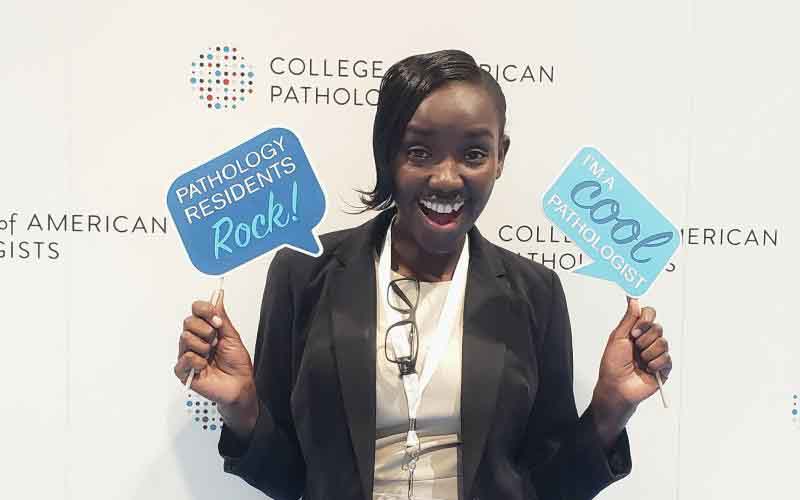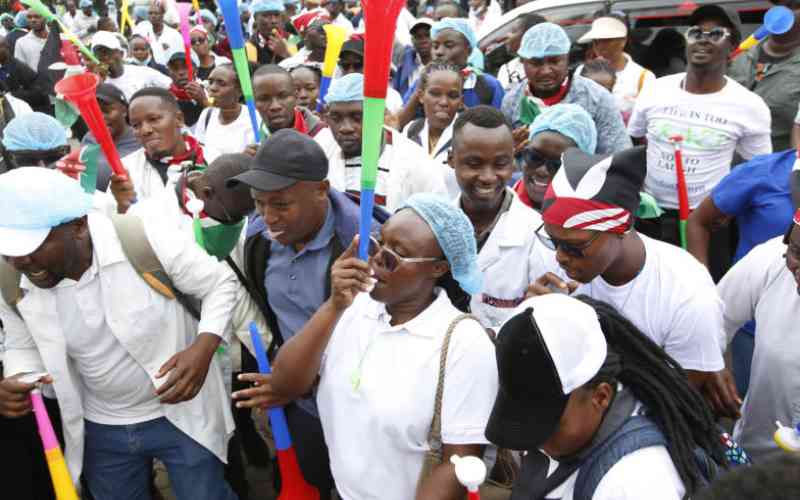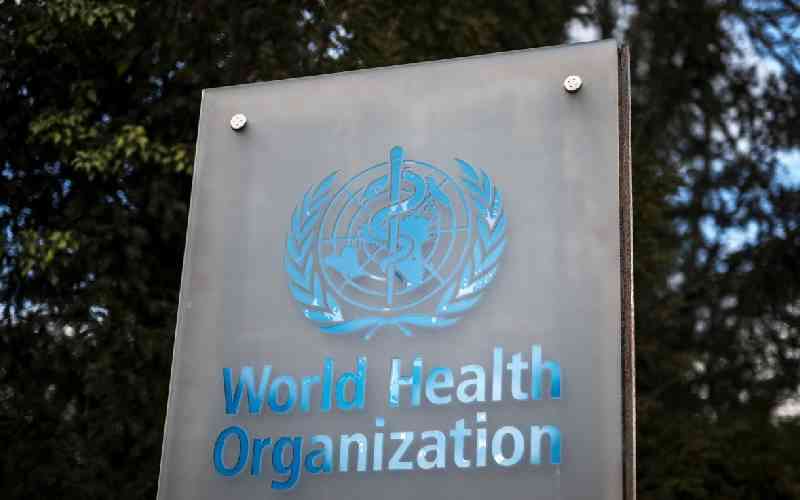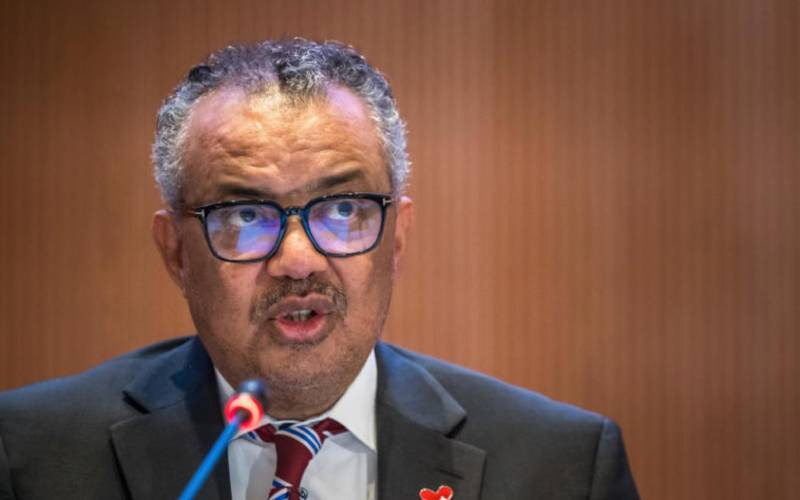
Dr Asha Chepkorir Sigei-Rono. [Courtesy]
Dr Asha Chepkorir Sigei-Rono knew what she wanted in life. Not even poverty could stop her from realising her dream of becoming a doctor.
Today, she is not only a trained medical doctor but also the chief pathologist and medical director at the Iredell Memorial Laboratory in the United States.
 The Standard Group Plc is a multi-media organization with investments in media
platforms spanning newspaper print
operations, television, radio broadcasting, digital and online services. The
Standard Group is recognized as a
leading multi-media house in Kenya with a key influence in matters of national
and international interest.
The Standard Group Plc is a multi-media organization with investments in media
platforms spanning newspaper print
operations, television, radio broadcasting, digital and online services. The
Standard Group is recognized as a
leading multi-media house in Kenya with a key influence in matters of national
and international interest.











